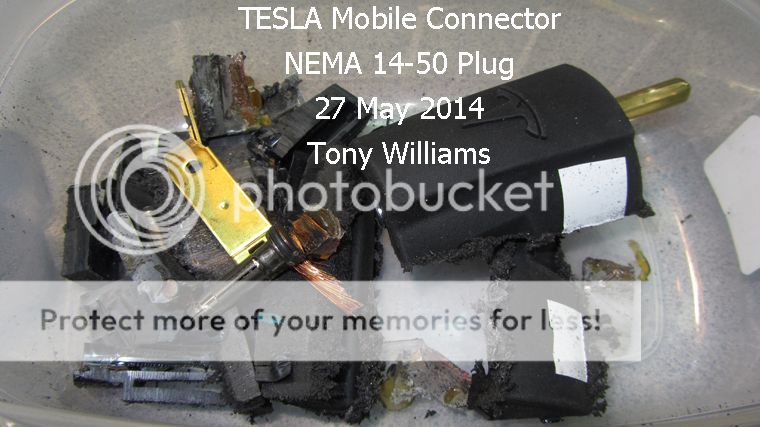RegGuheert
Well-known member
Here's a more recent article on this battery: Japanese Organic Cotton Battery to Revolutionize Electric Vehiclesz0ner said:"The Dual Carbon Battery...
This article contains a few interesting quotes:
They really do portray this as the Holy Grail of batteries.Industry Leaders Magazine said:The Ryden battery has five advantages over lithium-ions as mentioned above. It can charge 20times faster than lithium-ion batteries. It has over 3,000 charge and discharge cycles, making it extremely dependable. It’s easy to manufacture and doesn’t use any rare metals in the making. The Ryden battery is extremely safe and runs at a steady temperature, reducing the risk of fire and explosion hazards. Finally, the battery is 100% recyclable.
I find it interesting that they use the Tesla battery as the reference that they are working against in the racing arena.Industry Leaders Magazine said:Not long from now, the Japanese Le Mans auto racing group, Team Taisan, reported its association with PowerJapan Plus to create Ryden batteries for an electric vehicle it hope to race with one day. The first step towards making it possible, they say, is a Ryden-fueled electric go-kart that is presently slated to begin test driving in August. In the PJP-Taisan announcement video, Taisan Team owner Yatsune Chiba says it had long ago attempted to race Tesla electric cars however experienced issues with its batteries overheating.
“We have faced a number of issues with electric vehicle batteries up until now,” says Chiba in the accompanying press announcement. “The Ryden battery from Power Japan Plus is the solution we have been searching for. We will first develop a battery capable of withstanding the rigorous demands of racing, before advancing the technology for use in commercial applications.”
This technology will be interesting to watch to see if it can live up to its promises.


